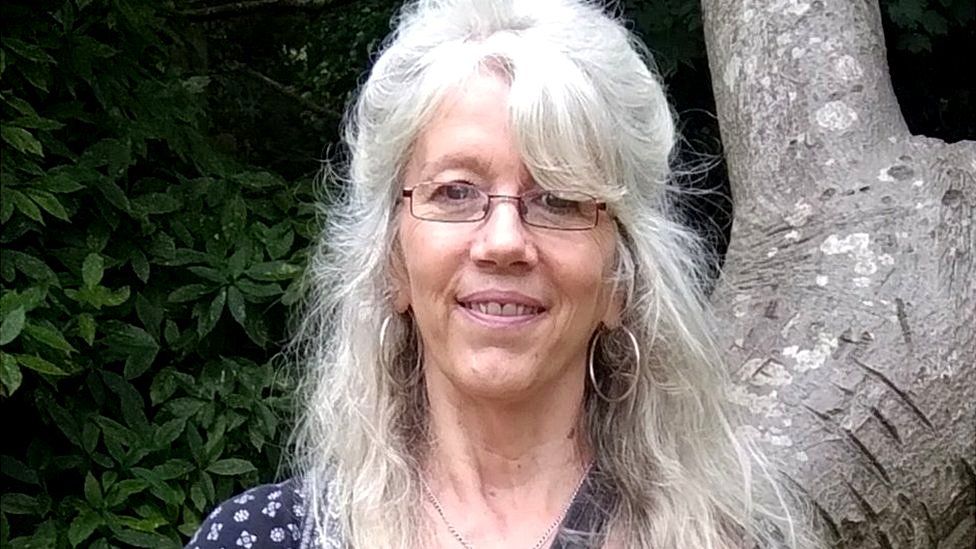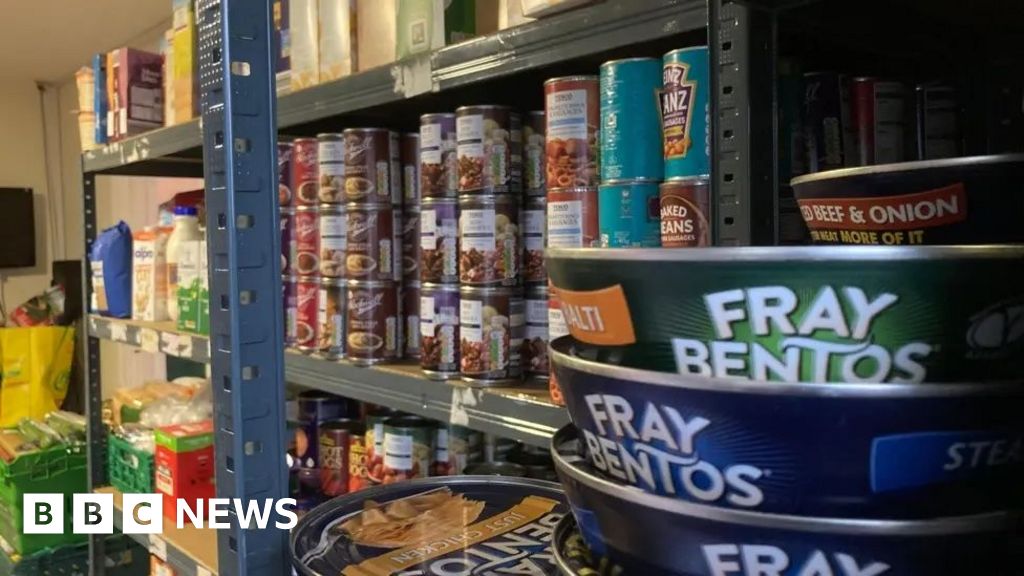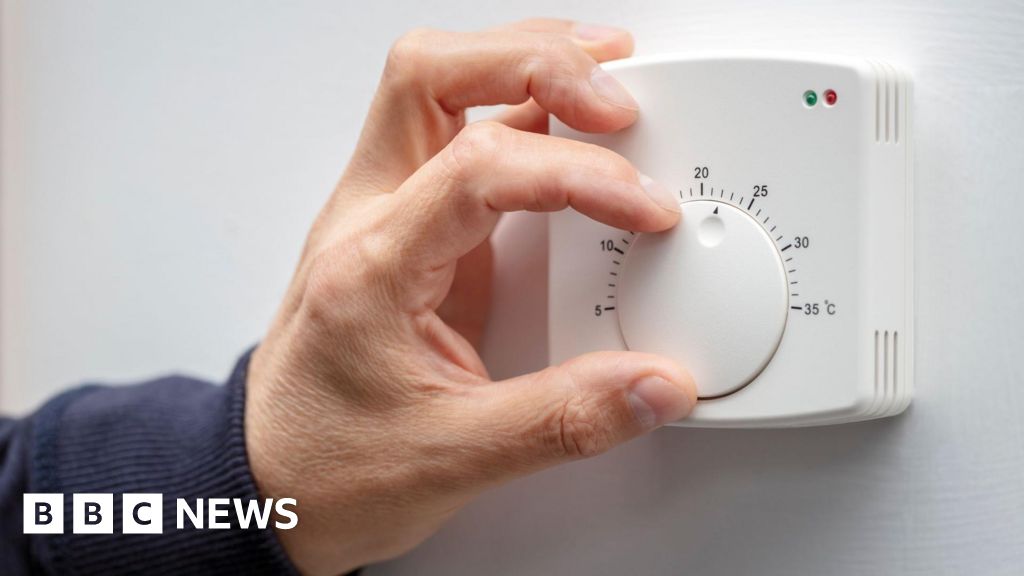ARTICLE AD BOX
By Becky Morton
Business reporter, BBC News
 Image source, Karen Miles
Image source, Karen Miles
Karen has been housesharing for five years
A growing number of over-50s in the UK are living in a shared house as the cost of renting rises, according to one of the biggest flat-sharing websites.
SpareRoom said it had seen a 239% increase in 55 to 64-year-olds looking for house-shares since 2011 and a 114% increase for the 45-to-54 age group.
However people aged 25 to 34 years old still made up the majority of sharers.
Karen Miles, 66, moved into a 13-person house five years ago to save money.
She was previously living in a one-bedroom flat just outside Eastbourne but struggled to cover her bills alongside rent of around £560 a month.
Now she pays £500 a month for a room, excluding bills, in a shared house in the town.
Her housemates are a mix of ages, ranging from early-20s to early-50s. While she gets on with everyone, they don't tend to socialise together and Karen, who works part-time as a housekeeper, said sharing with younger people can pose problems.
She has previously had issues with some flatmates being noisy and the shared kitchen and bathroom can get dirty quickly.
However, she said there were also benefits of having other people around to chat to.
"If I moved in somewhere on my own, I think I probably would feel a bit lonely," she added.
Karen has tried to look for a one-bedroom flat to rent but with prices increasing she has struggled to find something affordable.
She would also like to share with friends but said it can be difficult for older people to find someone of a similar age to rent with.
"My friends have got husbands and family so it's hard," she said.
SpareRoom communications director Matt Hutchinson said the primary reason more older people were house-sharing was affordability.
He told BBC News the increased cost of renting and buying a home meant more people were sharing for longer and becoming "lifetime renters", while people who had come out of long-term relationships and might originally have bought or rented a one-bedroom flat were now "priced out".
Mr Hutchinson said he expected the trend to continue as housing and other costs increased further.
Sarah Coles, a senior personal finance analyst at Hargreaves Lansdown, said official figures also suggest renters are getting older.
They are also more exposed to rent increases as many mortgage-holders are on fixed rates.
Rental prices in the UK have been increasing steadily since Covid restrictions were eased in the summer of 2021, according to the ONS.
High demand has contributed to rental prices increasing by 3.2% in the 12 months to July - the largest annual growth rate since January 2016.
Cohabitas, a website which advertises house-shares for people over-40, also said it had seen increased demand from older age groups since it was founded in 2016.
Over the past six months, it said it had seen a 44% increase in users compared to the same period last year.
For 55 to 64-year-olds the increase was 51%, while for 45 to 54-year-olds it was 35%.
Co-founder, Eva Orasch, said the long-term trends driving the increase in sharing among older age groups were the UK's ageing population and increased house prices.
In the short-term, she said the rising cost of living and the pandemic were also contributing, with some people no longer wanting to live alone after lockdown.
In a 2021 survey of more than 1,500 users, the website found 45% of respondents had chosen to share for purely financial reasons, while 48% were sharing for both financial and social reasons.
Image source, Susan Laybourn
Image caption,Susan used to live on her own but has started housesharing to save money
Susan Laybourn, 58, also started house-sharing to save money in March 2020.
Most recently she has been sharing with a live-in landlady who is a similar age to her, as well as a man in his 20s, in Trefnant, north Wales.
After getting a job in the area, Susan, who works as a locum podiatrist for the NHS, could not find anywhere affordable to rent on her own.
Many houses in the area are let as holiday homes and Susan said demand for rented properties already outstripped supply.
"At one point, I did consider just trying to find somewhere on my own and there was a couple of flats going in Rhyl, which is nearby," she said.
"But by the time I rang up to inquire about them they said 'oh, sorry, they're already gone'."
She added that not having a permanent job and often needing a shorter-term rental contract because of this also counted against her when trying to find somewhere to rent.
Ideally, Susan said she would prefer to live alone or with just one other person her own age - and she could afford to do so - but it was much cheaper to share. Her current room is £400 a month including bills.
"If I could find anywhere here on my own I'd probably be paying at least £200 more just for the rent, and then you've got bills on top," she said.
"And when you hear about energy bills are going to go through the roof and everything, I think I'm glad I'm not private renting [on my own] because I feel like I'd just be wasting money, when I could be saving it."
She would also like to buy her own flat in the future but believes her age and lack of permanent job means she would not be able to get a mortgage.
Susan said she did enjoy having company, especially when moving to a new area, and she gets on well with her live-in landlady.
However, she said it can be hard to find someone her own age to share with as there is still a stigma associated with older people house-sharing.
In the past she said she felt "almost ashamed" that she was not able to rent her own place.
"I've kind of come to terms with it now and try to see the positives in it, rather than the negatives."

 2 years ago
62
2 years ago
62








 English (US) ·
English (US) ·